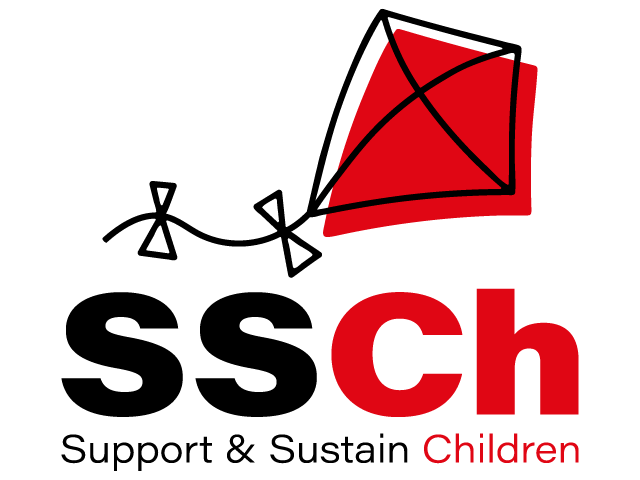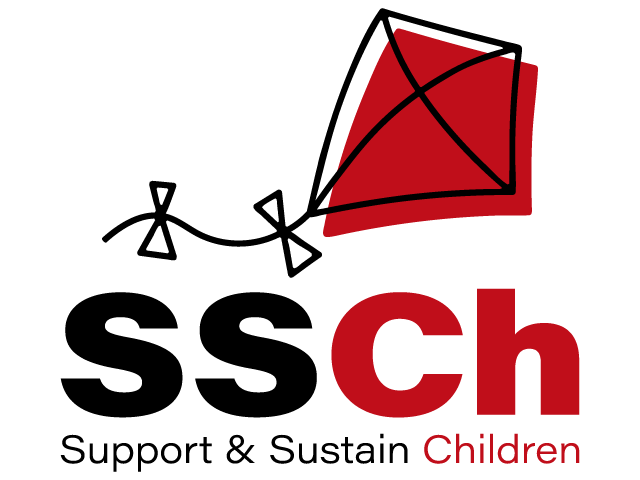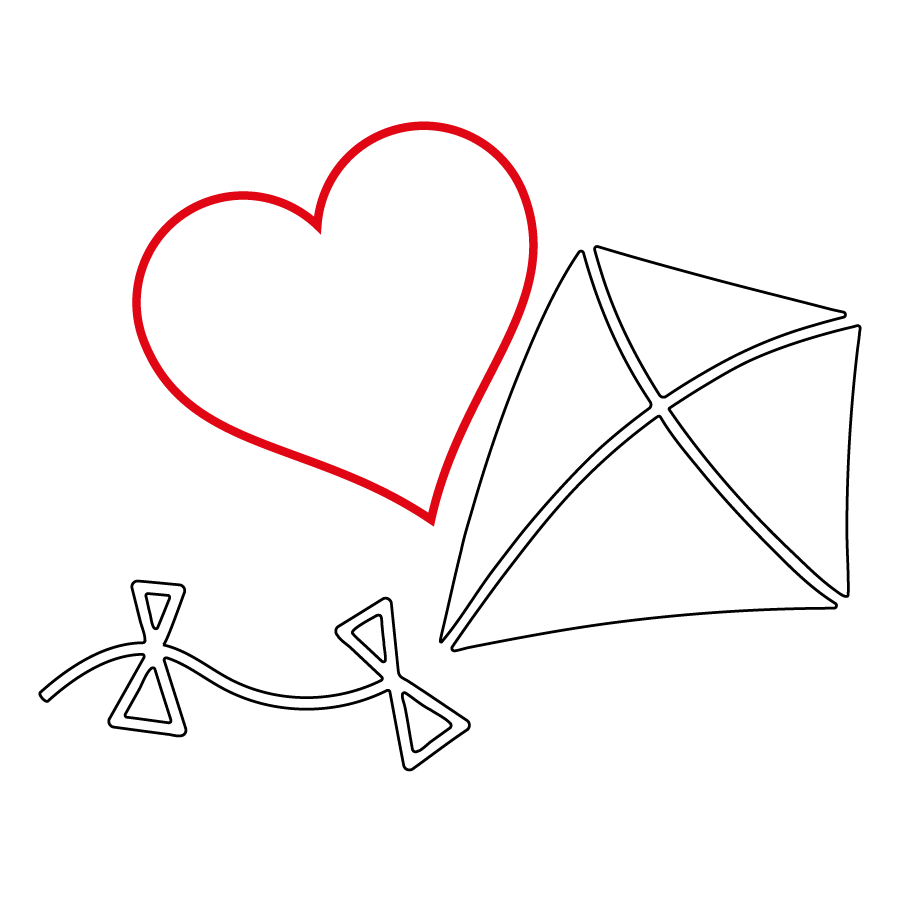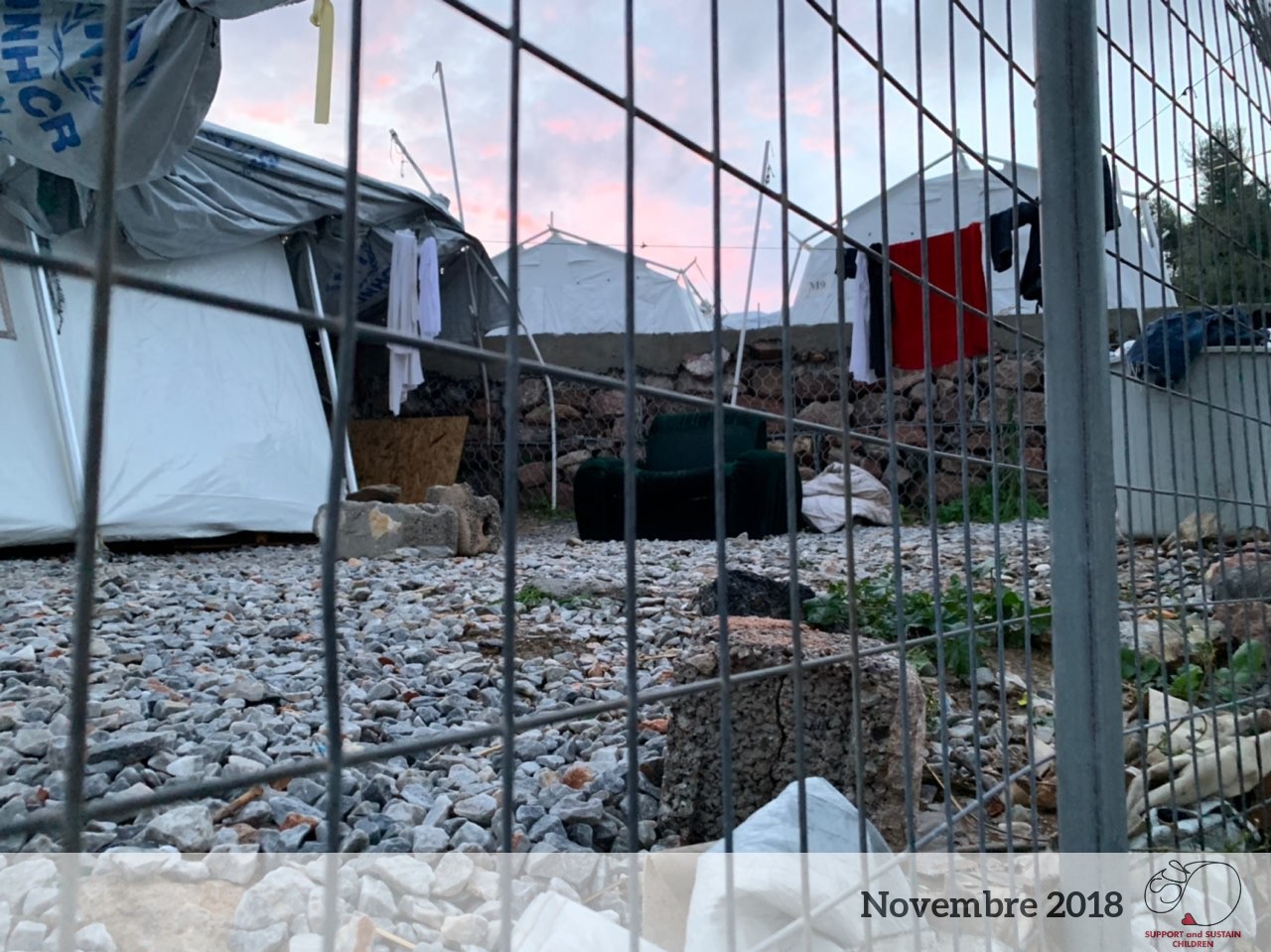A lot has been said about the Moira refugee camp in Lesbo Island (Greece). There are photo reports, reportages and not to forget some bitter disputes. Here, we would like to give a human scale significance to what we have seen and what we have been able to do during our visit there. We are a small non-profit association with little financial resources but very determined and, as we usually do, decided to go there personally to get aware of the issue. The camp is up a hill, split into two parts: one organized and fenced in with barbed wire, the other outside the enclosure. When it rains both are just mud and cold. In the fenced area people receive one meal a day but have to cue from morning to evening to get it. There is also a camp for unaccompanied minors, but it is impossible to meet them and therefore they cannot be helped.
The second part is situated outside the fenced one and, even if not officially, it is split in two parts, too: in the low area of the camp there are some old, ill-equipped tents donated by some great associations. The camp is operated by two non-profit associations. It is difficult to understand how things work, it seems that the refugees receive about two hours electricity in the evening and health services but no food. The place is unsafe and dangerous, quite often violence occurs. The upper part appears as a heap of junk, rags put together somehow to get shelter.For food all the refugees, who are starving, have to join the cue made up of 11.000 poor people. The kids are ill-fed, they are not educated and to get medical assistance all of them need to go outside the camp.
Many ethnic groups try, with difficulty, to coexist but everybody knows they are sitting on a powder keg. A great colored poster welcomes the visitors. It says in various languages ” Welcome” that strongly fights with the desolation and sorrow that our eyes see. People wander aimlessly, cold, alone , wearing slippers , worn-out shoes that sink into the mud. Their stare is at the same time empty and sour due to the length of their captivity. We get into the camp and try to hand out the food baskets that Nawal and her team left for us in a tent, but the police and a local association that deals with electricity but not with distribution of food supplies, turn us out.
We are compelled to hand out the parcels outside the camp. The refugees live their tents and happily come to get them. When we succeed in walking up the hill in the dark, into mud and puddles Doctor Andolina visits the ones who need, tent after tent and in difficult condition. There are the four of us: Arianna, , Andrea the photo reporter, Gianluca and Andolina ,the doctor. We decide to split up and while Andrea and the doctor end the visits, Gianluca and myself carry on with the distribution but a problem arises when we realize that the parcels are not enough for all the people. We had counted on that and tried to give first to the ones who looked more in need, but when a father or a mother ask for help for their children, you realize that you do not possess the empathy and understanding you should have to face such terrible situations. You are aware of having done the best, but that is not enough . You need to set yourself a goal: do more! We carry on giving out food and medical treatments till late in the evening . We try to get in touch with people, mainly children and we succeed and read in their eyes the same determination that pushes us to come back here to do more. That will be our mission.



